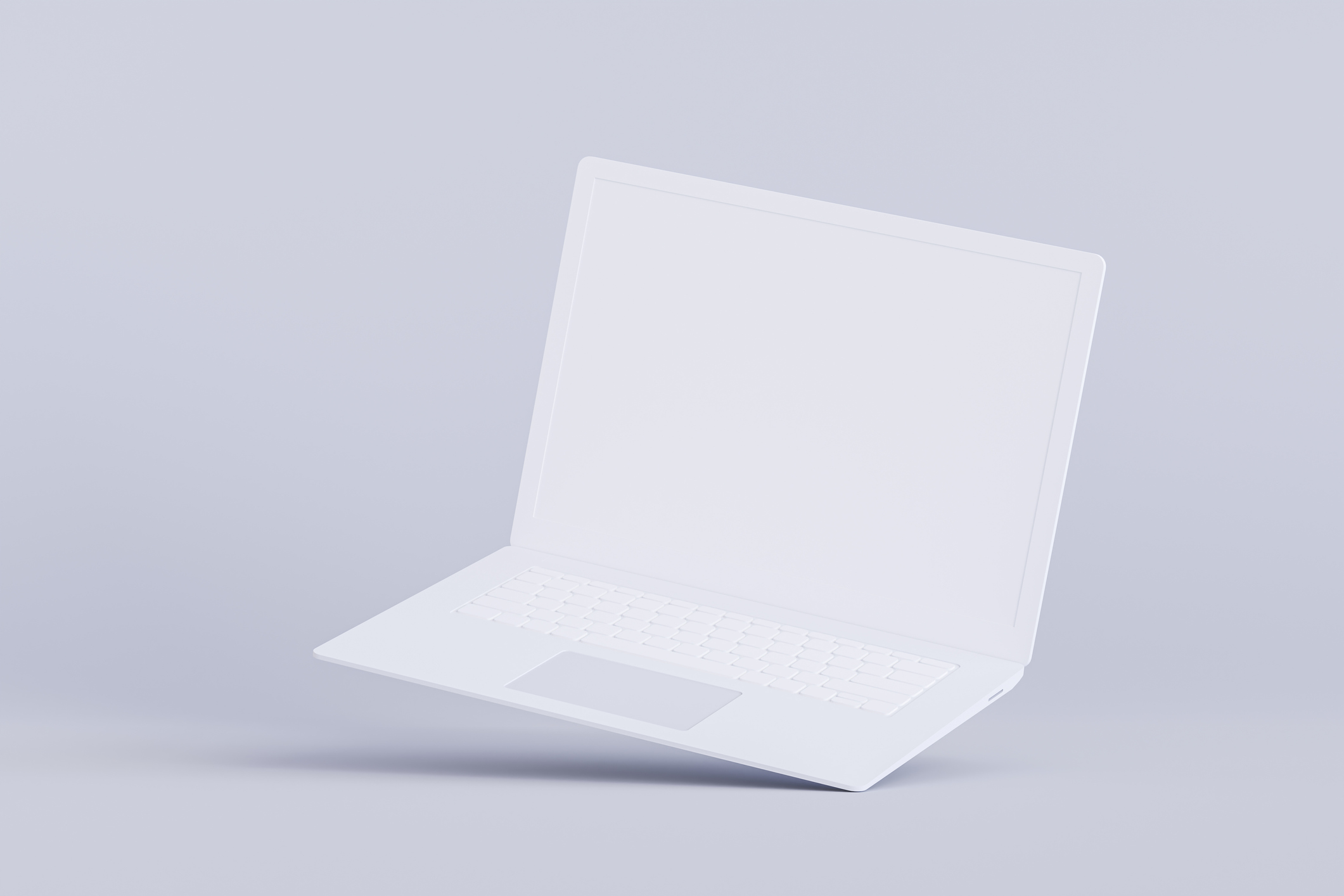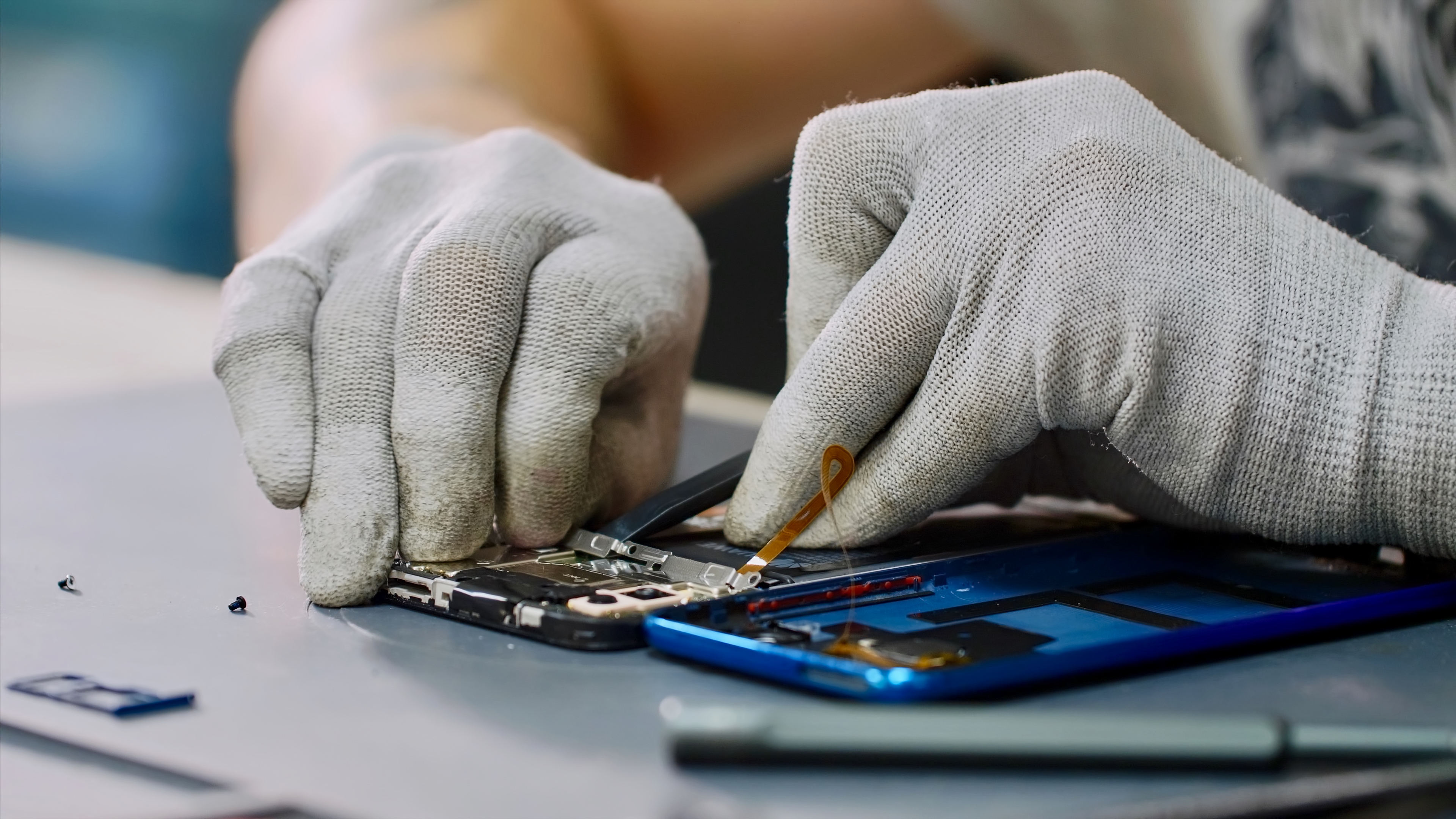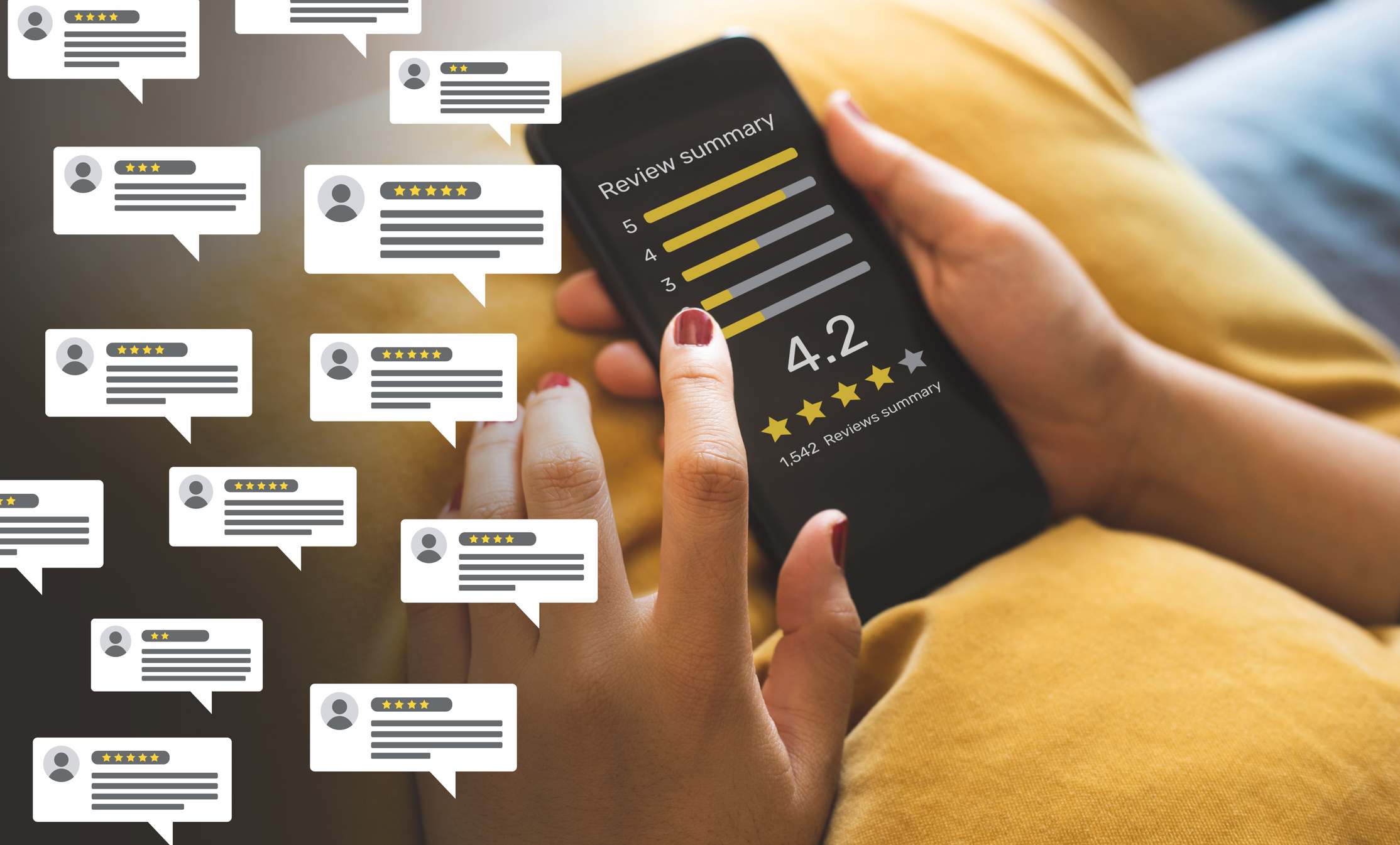Buying a Laptop on a Budget
How to Buy a Laptop on a Budget: Your Ultimate Guide


Looking to buy a laptop without breaking your budget? Our comprehensive guide covers everything you need to know about purchasing a laptop on a budget. From setting a realistic budget to identifying the best deals and specs for your needs, we’ve got you covered. Start shopping smart and get your perfect laptop today.

Get More Out of Your Budget by Shopping Refurbished
One of the best ways to buy a laptop on a budget is to shop for refurbished ones. You can usually find some bargains on current-gen laptops that have only been *lightly used* meaning they are basically brand new but at a heavily discounted price. Refurbished laptops are subject to vigorous testing and inspection from industry specialists to ensure they will perform at the same level as they would have when they were sold new. Furthermore, refurbished laptops normally come with a retailer or manufacturer guarantee easing any concerns you might have about refurbished tech.
If you’re buying a used laptop from an independent seller on a marketplace there are a couple of things you should check before handing over your cash. Check for cracks in the body, dead screen pixels, broken USB or charging ports, unresponsive keyboards and trackpads, old batteries, and malware. If you don't feel confident determining the condition of a used laptop yourself we suggest sticking to established retailers that offer refurbished hardware.

Shop the Sales
Sales are a great opportunity for anyone buying a laptop on a budget. When it comes to buying a laptop there are some key sales to keep in mind. Black Friday is undoubtedly the biggest sale of the year with hundreds of retailers taking part including John Lewis & Partners, Amazon, Currys, Argos and more. However there are other sales during the year which are great for buying laptops specifically such as Cyber Monday and Back to School sales, so it's worth finding out when school and university terms start in your country.
Another thing to be aware of is that retailers will sometimes try to move undesirable stock during Black Friday and artificially inflate the price of products to make a discount look even more enticing when in actuality you’d be paying more.
If you’re a bit of a tech enthusiast and are just looking to level up your gadgets we also have an extensive guide on how to make the most of your budget when buying tech.

Budget and Expectations
Sub £300:
If your budget is £300 or less, we recommend looking at a refurbished laptop or Chrome/Notebook as these are likely the best solutions in this budget category. Alternatively, you could look at a finance option if you want something a bit stronger, or if you’re upgrading from an existing laptop, trading in your existing device could help reduce the cost of an upgrade.
£500:
The £300-£500 range is really where budget laptops can be found. If you’re shopping in this range you should expect to compromise on one or two aspects. Most manufacturers like Lenovo, Microsoft, Asus and more will cut corners on performance when they can with their economy models. Meaning you shouldn't expect the latest lightning-fast processors or terabytes of storage and memory, another aspect that can take a hit in economy models is the screen while you’ll likely still find full HD you won't be getting ultra-colourful, super high-resolution OLED screens at this price point.
This doesn't mean they won't be great daily drivers for the majority of people though. Most models at this price range are more than capable of handling Office 365, video calls, web browsing and more.
£700:
At this range, we’re really on the very upper echelon of budget laptops. Here you can expect more of the same from the £300-£500 range but without the performance cuts on processors, memory and storage, you might even find some OLED screens at this price point.
You’ll also find laptops at this price range with more capability for example being able to run video games or more intensive software like Blender, Sony Vegas and Adobe's creative suite, making them perfect for those of you who work in specialised industries.

Buy Within Your Needs
Apart from your budget, the first thing you need to decide when buying a laptop is what you are going to use it for. Buying a laptop for web browsing, video calls and writing emails is going to come at a vastly different cost than a laptop used for specialised work like video editing. While it might be tempting to automatically seek out a laptop with the latest specs this would be a costly venture and likely result in you picking up a laptop that's overkill for your needs.
That's why it's worth considering whether a laptop is right for you. If you’re looking for something that can browse the web, and handle video calls and email writing, a Chromebook or netbook may be a better option, especially as they are much cheaper.
The main thing to consider when looking at a Chromebook or netbook is the operating system. Chromebooks as the name suggests run on Google OS, this OS looks very similar to Windows from a UI perspective so it's great if you’re coming from a Windows platform. Another perk of the Google OS is that it's very secure, meaning you don't have to worry about Malware infecting your Chromebook. While it won't run most apps, the focus of the Chromebook is the search bar, so if you’re writing emails, video calling or browsing the web it's more than suitable and if your workplace operates on G-suite you’ll have no problems there either.
Chrome books are also known for having a decent battery life, making them perfect if you find yourself working on the go. Some other specs you should consider when buying a Chromebook are RAM, resolution, and storage. For RAM we recommend a minimum of 4GB, a resolution of 1920 x 1080 for full HD and a storage capacity of 64GB.
If you’re wanting to stay on the Windows platform, then picking up a Windows notebook is going to be your best bet. Windows notebooks vary quite heavily in price starting out as little as £150 or less all the way up to several thousand.
The main advantage of buying Windows notebooks is the flexibility the OS affords and the familiarity for most users. You’ll have full access to Microsoft Office 365 perfect for Students, Business people and Office workers. They’re especially good if your place of work uses the Microsoft suite now called Microsoft 365.
Most current Windows notebooks will come with Windows 11 as the base operating system, allowing you to benefit from all the great features Windows 11 brings like Focus Sessions and Do Not Disturb mode which really allows you to focus on those busy work days. Windows 11 also comes with a number of performance enhancements and battery optimisation improvements allowing you to get more out of your machine.

Specs and What They Mean for Your Budget
While technical specifications can seem quite overwhelming, the only three main specs that will affect your budget are RAM, CPU and Storage. Without going into too much detail, RAM is essentially a temporary workspace where the laptop can store data and instructions that it needs to access quickly.
Therefore, the amount of RAM a laptop has can affect its performance because it determines how much data the laptop can access at any given time. If your laptop has too little RAM, it will constantly have to swap data in and out of its temporary workspace, slowing performance down.
To TLDR it, this basically means that you want a minimum of 8GB RAM for your laptop or 4GB on a Chrome/Netbook. 16GB is quickly becoming the industry standard however and will give you a nice performance boost to boot. For the specialised worker amongst you, 32GB may be worth considering especially for the more demanding programs.
The CPU or processor is the “Brain” of a laptop. It's a chip that performs most of the calculations and data processing needed to run programs. A CPU’s performance will affect a laptop's overall speed and responsiveness. The faster and more powerful the CPU, the quicker the computer can complete tasks and run applications.
Most laptops will come equipped with an Intel-brand processor. Economy models will usually have an Intel Celeron/Pentium processor which is more cost-effective but runs slower. Intel's flagship processors are the Core series which include the i3, i5, i7 and i9, these of course offer more performance at an increased cost with each iteration. Making the i3 suitable for light general use, an i9 however, will be best utilised when using the demanding apps and programs out there.
While Intel has largely dominated the market, AMD has quickly become an established alternative. They offer processors which are still competitive with Intels but at a slightly lower cost. AMD has a different naming convention for their processors, so for light general use, a laptop with an AMD A, FX or E series will more than cut it. But if you want to compete with the higher tiers of Intel's Core series you’ll want an AMD Ryzen series or higher.
While storage may seem obvious, as we all know that capacity is going to dictate the cost. There are some other nuances to be aware of when it comes to laptop storage. Mainly HDD (Hard Disk Drives} versus SSD (Solid State Drives). HHDs come at a relatively lower cost with more storage capacity but rely on mechanical parts to store and access your data making them slower and more susceptible to failure.
SSDs in contrast are much more reliable and faster. This is due to the fact that they don't rely on mechanical parts to function, meaning they won't heat up as much or use as much energy as their HDD counterparts. However, this premium comes at a cost, as SSDs are priced higher and generally have less storage capacity. Meaning SSDs are much more ideal for those of you who care less about capacity and more about speed.

Shop Smart

Reading the technical specifications of a laptop on a retail page can be quite overwhelming with the endless lists of technical jargon which can be intimidating for the uninitiated. This is why doing some research can go a long way to helping you figure out which laptop is right for you. We find that video reviews offer the best advice and showcase usability in a much more consumer-friendly way.
You should also be aware that some reviewers are sponsored by the manufacturer when making their review, while this doesn't necessarily mean the review is biassed, it's always worth considering. Looking at more than one review or checking community hubs like Reddit can offer insight into the general consensus of a product's performance.

Hey! I'm Josh and I started working at MyVoucherCodes in March 2023. Prior to this, I studied at Cardiff Metropolitan University where I completed a Master's degree in Specialist Journalism, I also completed a Bachelor's degree in History at Liverpool John Moores University. My interest in history ultimately rekindled my love of writing, which largely stems from the aspect of deducing motive and subtext from both historical sources and contexts. However, this fascination with critical thinking has now expanded beyond that of the historical, it now pervades many aspects of my interests from the film, video games, and technical fashion to larger societal issues and the efforts being made to combat them through technological advancements. It is my desire to produce media discussing these topics at length and apply critical analysis to them.
When I'm not working, I enjoy reading, listening to music, watching films, and playing games. I'm particularly interested in Welsh history and sci-fi and fantasy genres. I also love attending Europe's biggest gaming convention in Cologne every year and e-skating during the warmer months.